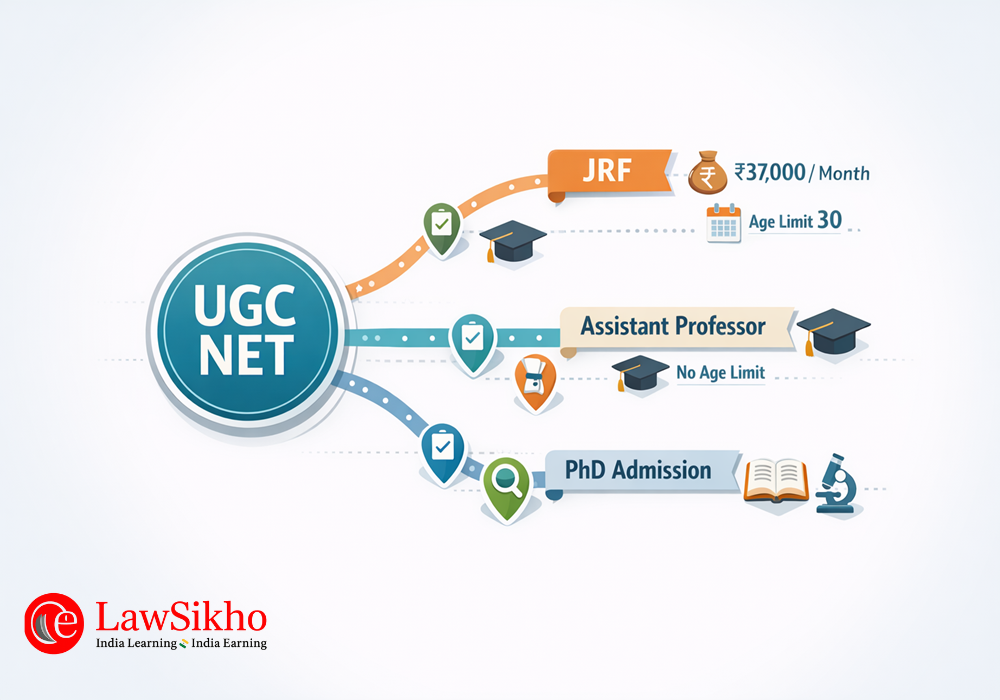Posted inThe Companies Act 2013
One Person Company Registration
One Person Company registration in India allows single entrepreneurs to form companies with limited liability under Section 2(62) of Companies Act, 2013. Complete guide covering eligibility, SPICe+ process, NRI provisions, compliance, taxation, and conversion to private limited company.












 Allow notifications
Allow notifications
